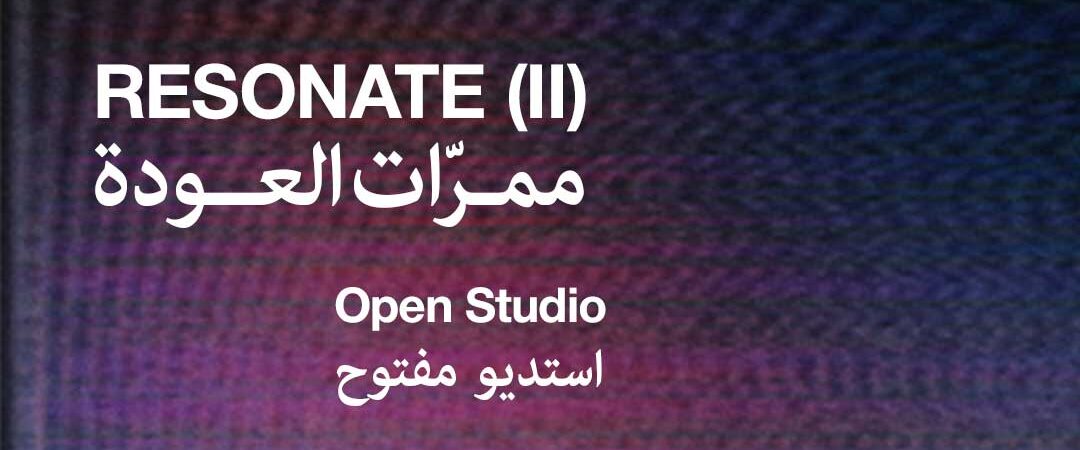Resonate (II) – Open Studio
Resonate (II) – Open Studio
Open Call
Medrar for Contemporary Art
3 November 2025 -
For 2025 three artis have explored the archives of the Mary Rose Trust – King Henry VIII’s flagship that sank in 1545 and was raised from the seabed in 1982.
The Mary Rose was King Henry VIII’s flagship and one of the most advanced warships of the 16th century. She sank suddenly during battle in 1545 and lay buried in the silt of the Solent for over 400 years before being raised in 1982. This oxygen-poor environment preserved the ship’s timbers and thousands of objects remarkably well, creating one of the most complete archaeological collections from the Tudor period. Over 19,000 artifacts were recovered, including weapons, tools, clothing, medical instruments, and personal belongings, offering an unusually detailed picture of life aboard a Tudor warship. The preservation of organic materials such as wood, leather, and textiles provides rare scientific insight into the technology, craftsmanship, and daily life of the 16th century. Together, the Mary Rose and her collection form a unique record of Tudor England and a landmark in maritime archaeology and conservation science.
woven into the Mary Rose collection. It asks whether interpretation itself can act as a form of preservation, by keeping collections open to reinterpretation and creative engagement, can we ensure they remain relevant, equitable, and alive beyond the confines of the archive?
Portsmouth, where the collection is housed, is a city shaped by its history. Its architecture and landscape form a living museum in which maritime heritage and naval life are embedded in the identity of its residents. This project seeks to reframe and expand that history, inviting new voices and perspectives to find meaning within it.
“In a city which holds its past as closely as Portsmouth does it’s vital we open space for artists to butt heads with what we think our past tells us about who we can be now.
By boldly exploring technologies which feel almost like science fiction we can open up a potential space for re-invention and reinvigoration, where the monoliths of identity that form our understanding of who we are in relation to the world can be made more gentle. Decentralising interpretations of our past means we gain a soft power, the power to form new and needed connections to heritage and position the sharp tool of technology as a way we can draw empathy making lines between one another in the silt.” – Thomas Buckley
Resonate
Developed to support local emerging artists in Portsmouth, UK, Resonate offers residency space at Play Office, paid time to dedicate toward the creation of new work, and access to a library of equipment and mentorship from technologists and creatives internationally.
Since 2023, the programme has enabled artists to experiment across disciplines, explore connections between technology, memory, and heritage, and contribute to a growing creative community grounded in collaboration and exchange.
Play Office
An artist studio and technology lab, Play Office is an incubation space for creatives to develop dynamic, future-focused, and responsive practices.
The studio hosts educational events and provides opportunities for artists to gain hands-on experience with both new and traditional technologies. Rooted in Portsmouth, Play Office explores local heritage as a source of inspiration for placemaking and artistic production, encouraging artists to think critically about how the past shapes the creative futures of the city.
Participating artists:
Hannah Mae Buckingham
Harry Payne
James Wylie
Join us on Monday, November 3, 2025, at 7 PM


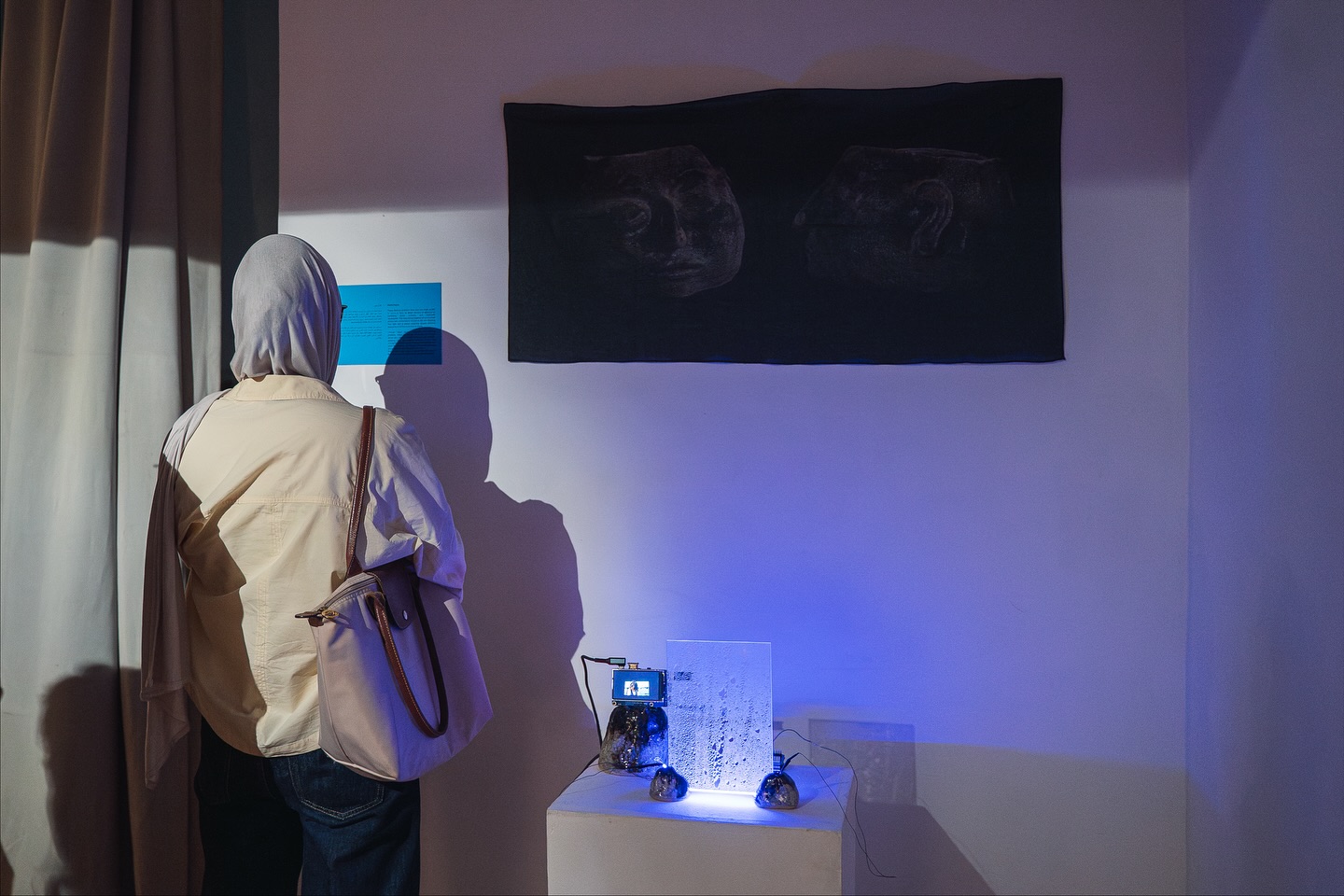
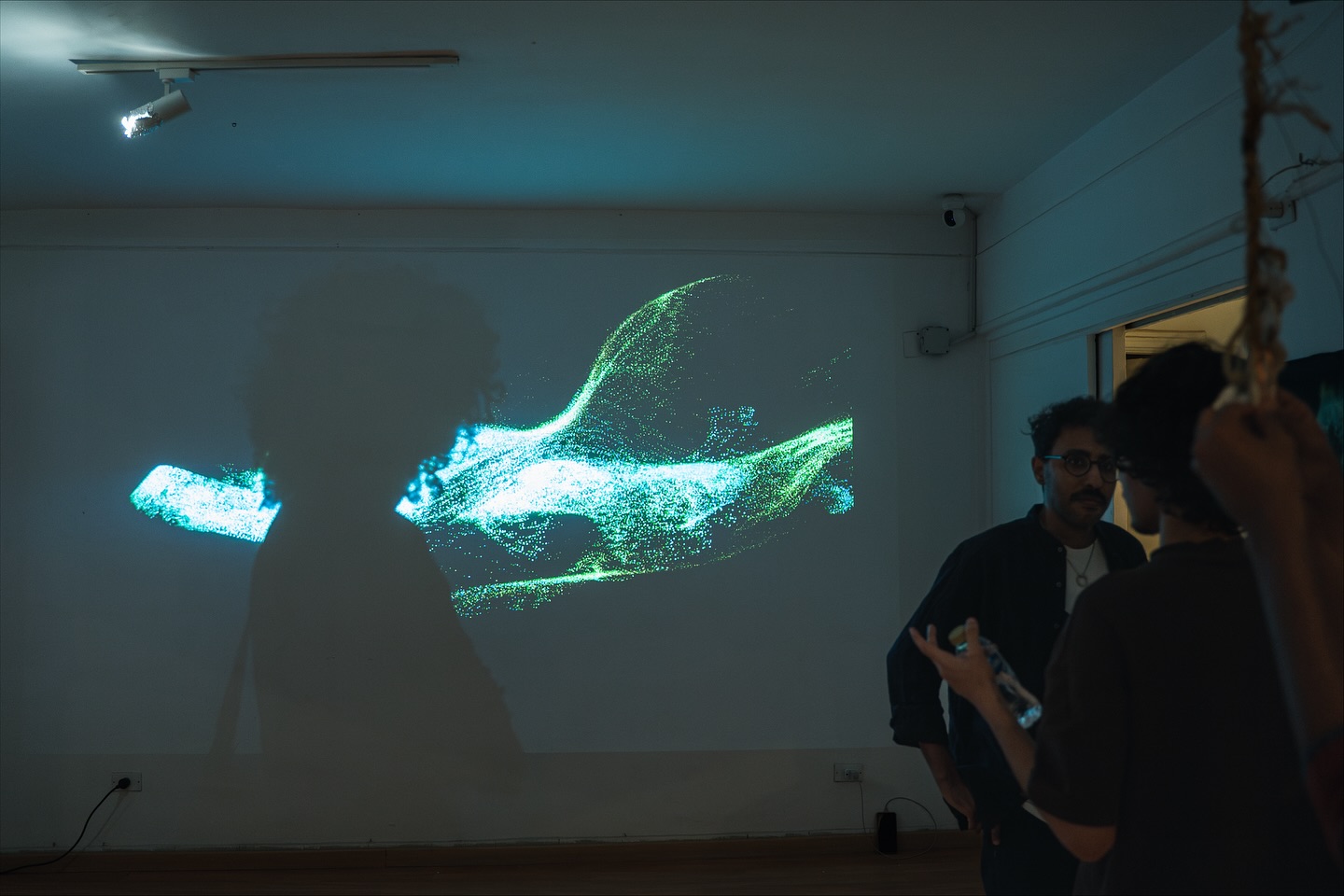
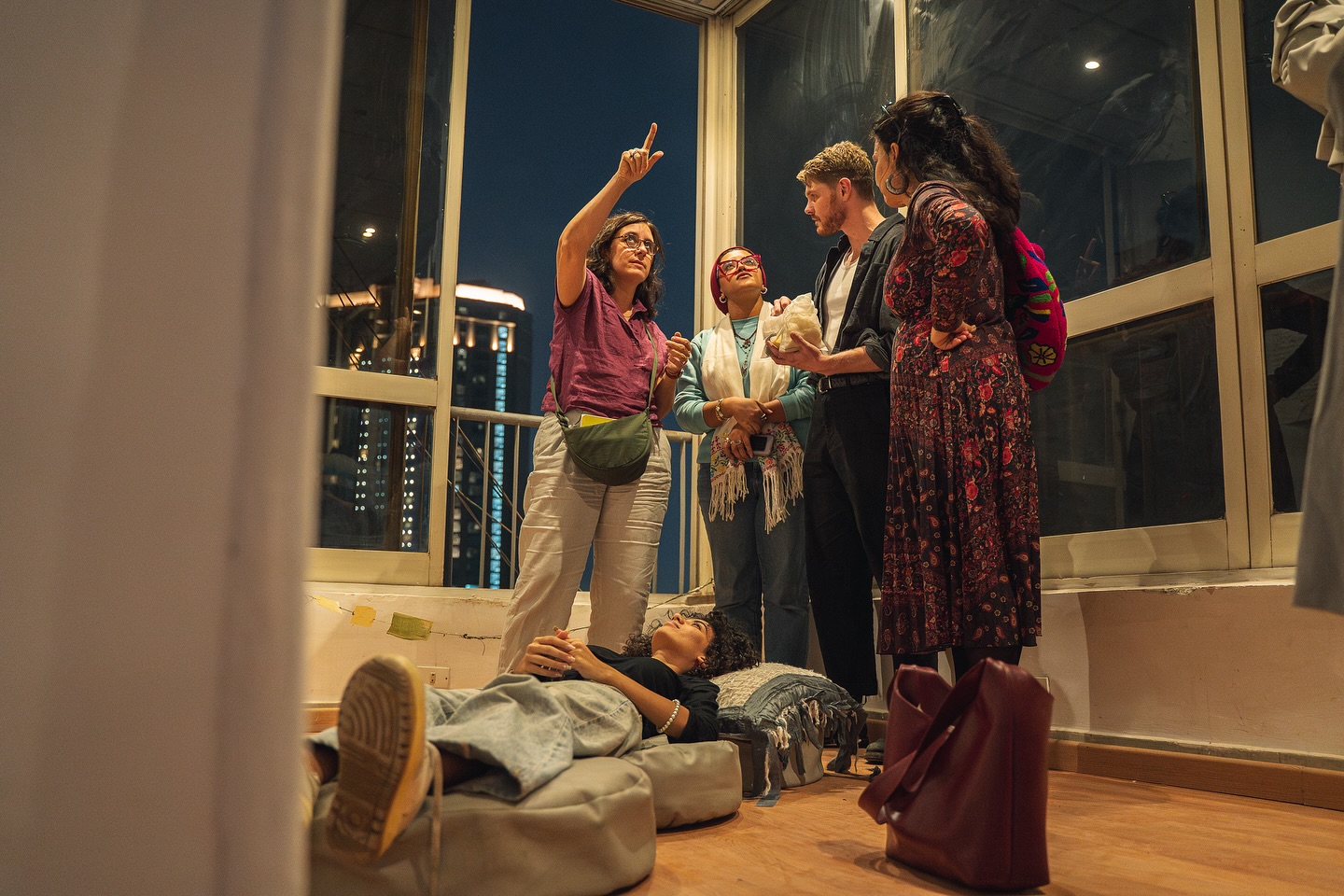
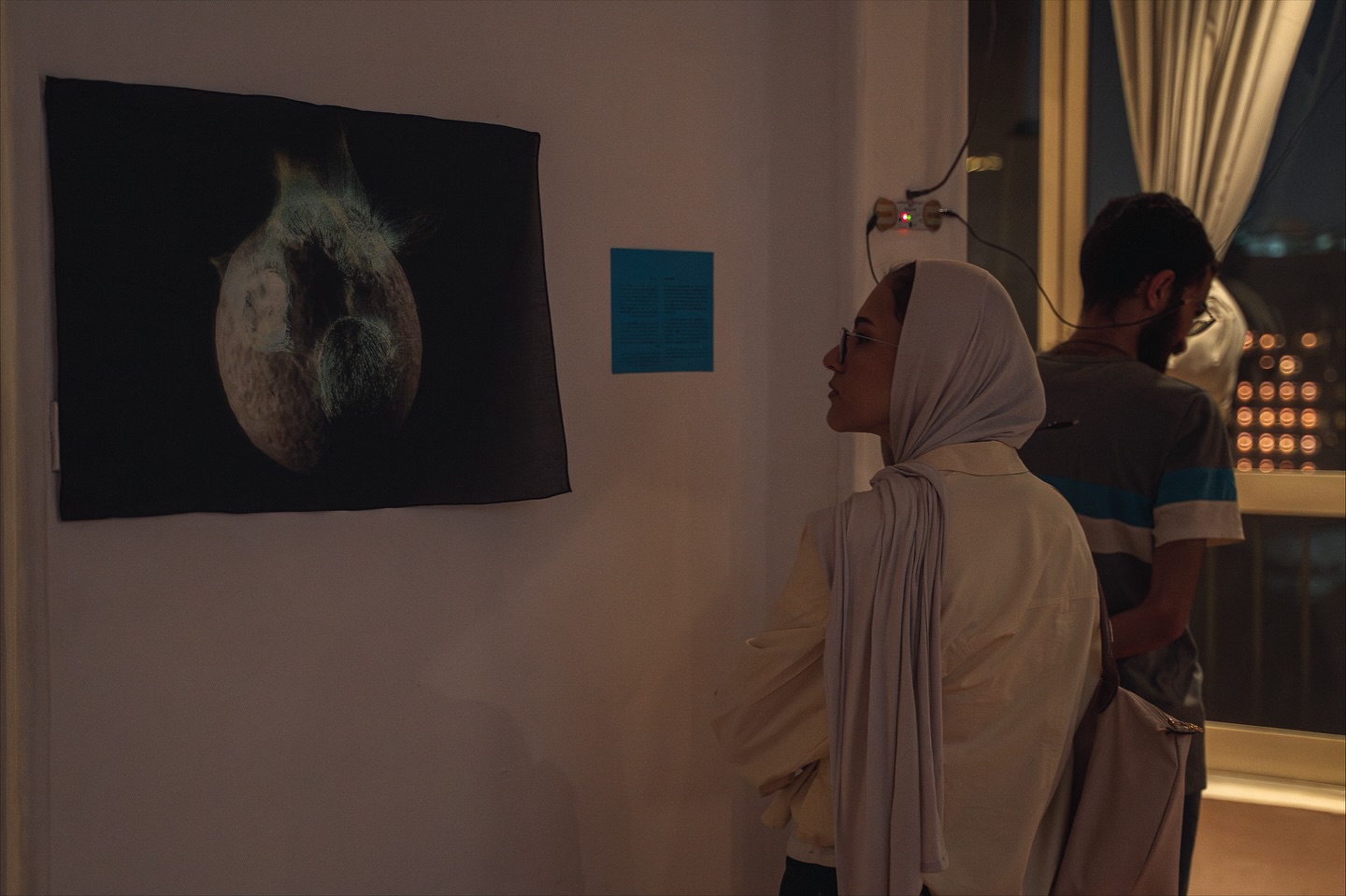
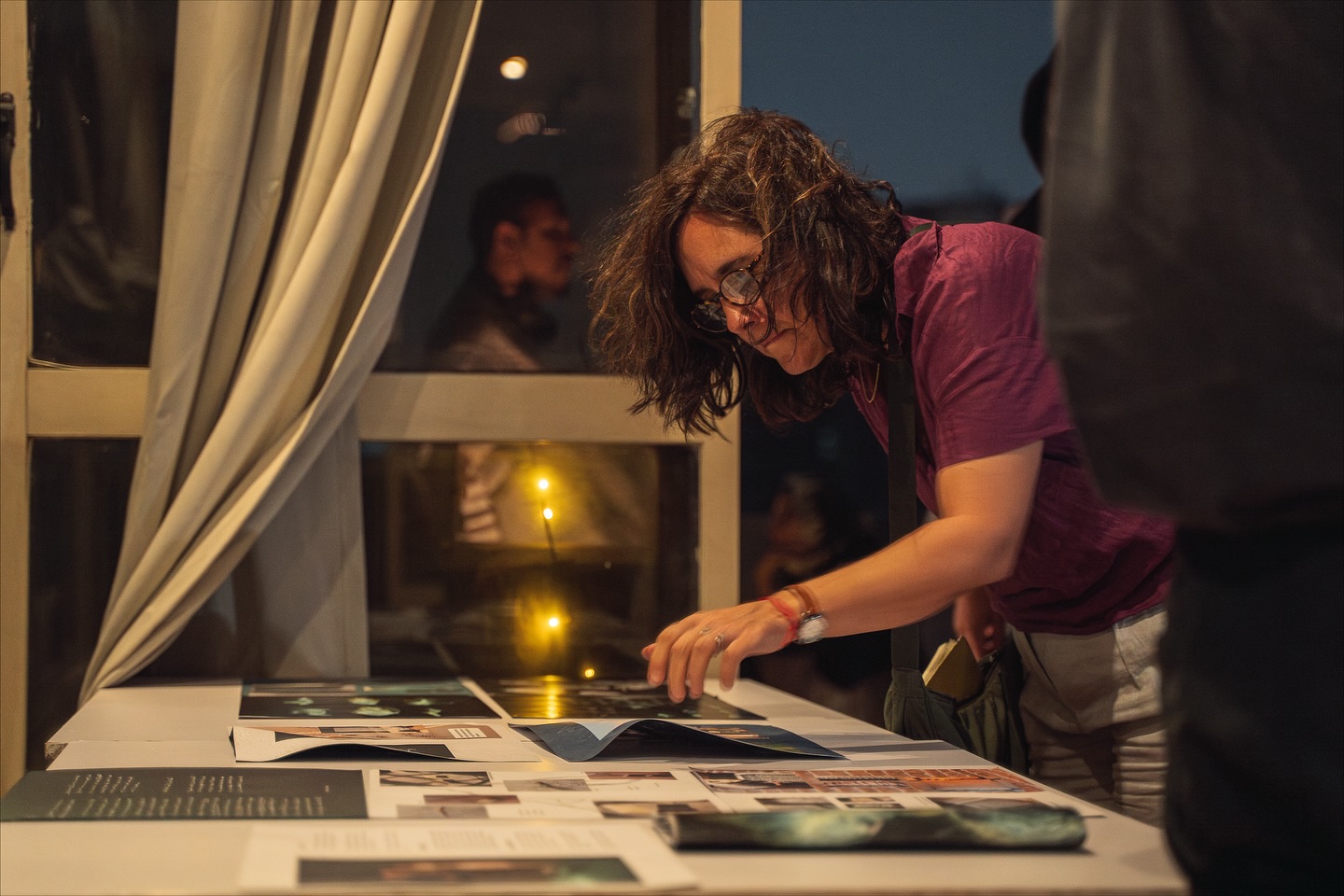
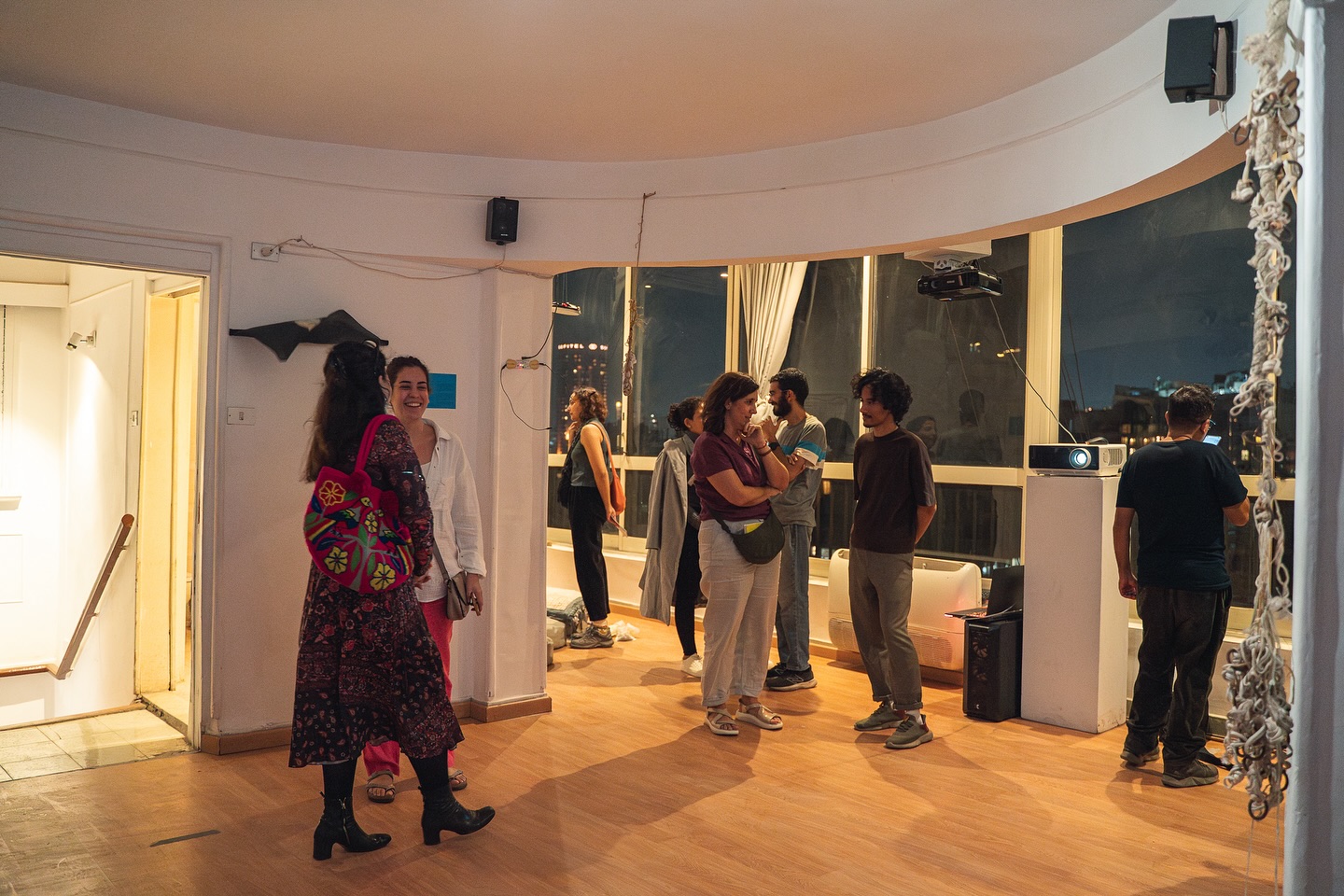

About the artist:








